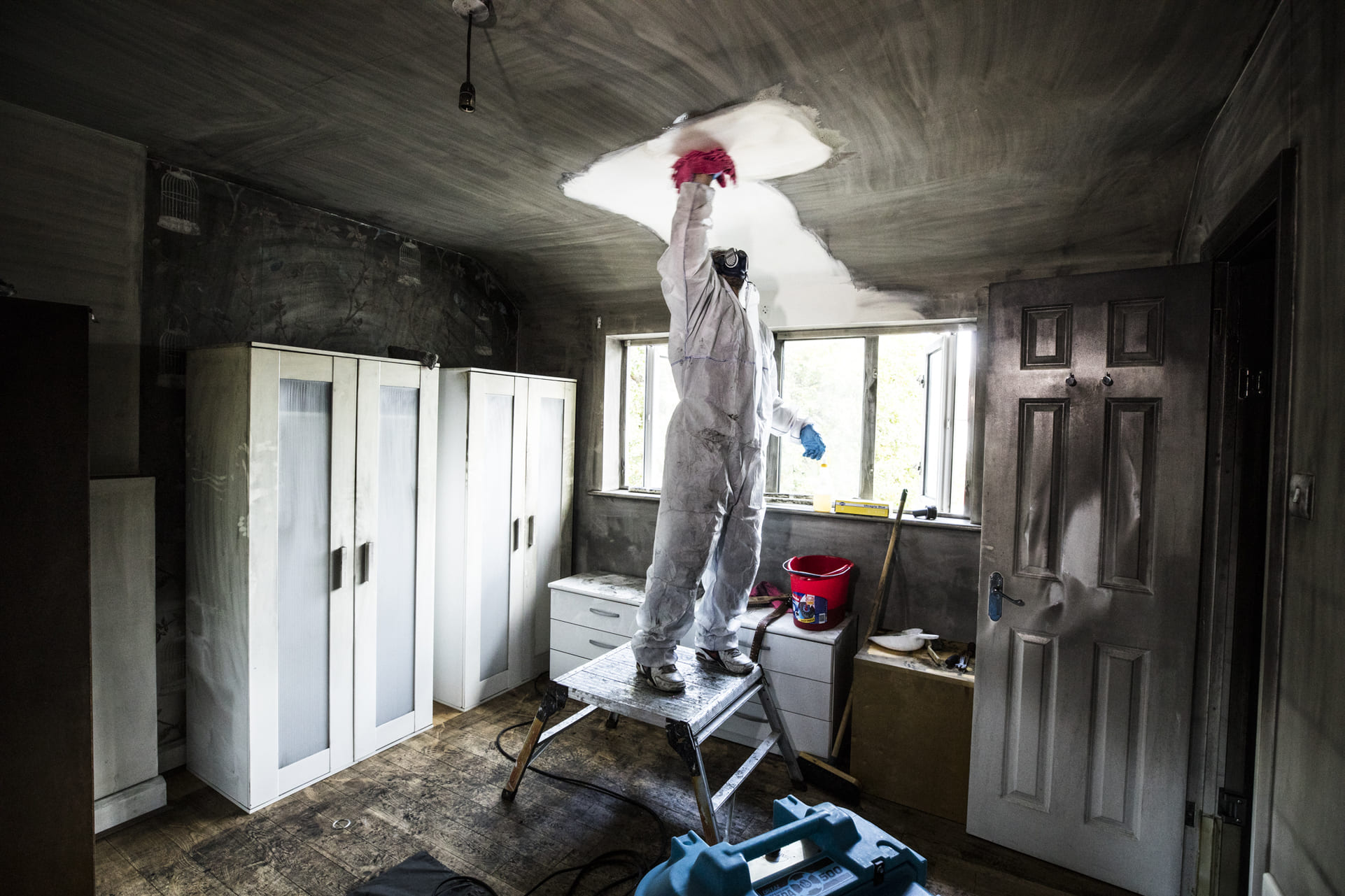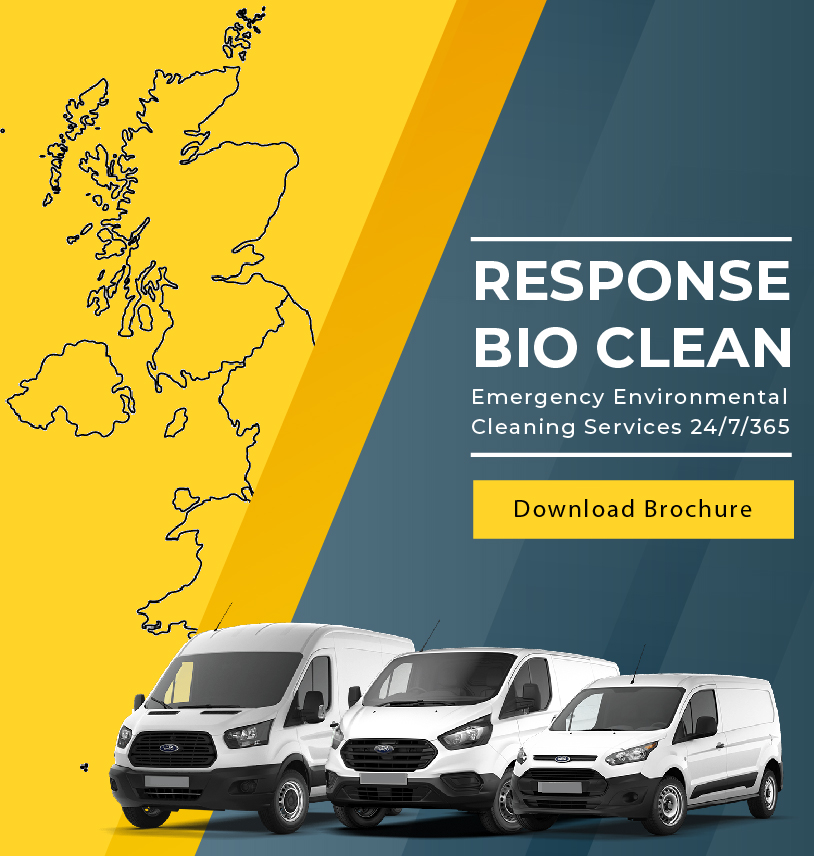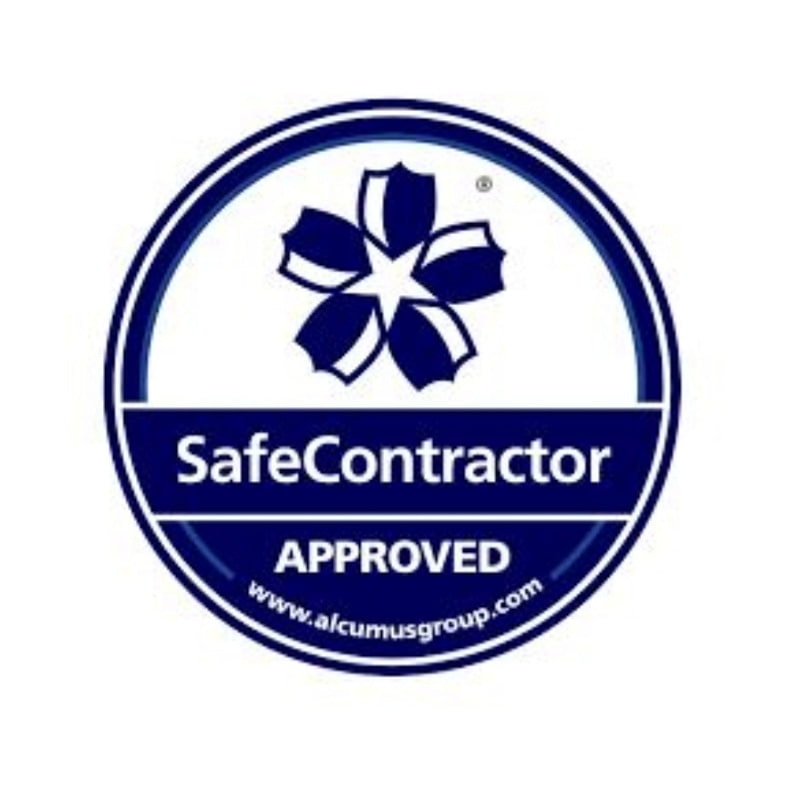Dealing with an Oil Spill? We can help!
We have been in business for many years and have dealt with some of the most complex oil spills possible. From large scale to small scale, we can help and have fully trained and professional teams of people available to help clean up and deal with your oil spill cleanup effectively. Please call us on 0333 7720638 and we’ll be happy to help.
Whether you have an issue with an oil spill at home, on commercial premises or indeed out in the public arena then we can help you. We work with the emergency services to contain, clean up and then dispose of oil and other contaminants safely and effectively.
Types of Oil Spills or Leakage
There are thousands of different types of oils in use in the UK at any one type. From diesel oil, cooking oil, petrol, vegetable oils and thousands more, oil is in use in the UK all the time.
Motor oil alone has four basic varieties or types, namely synthetic oil, conventional oil, high mileage oil and synthetic blended oil. It stands to reason then that dealing with an oil spill is highly dependent on the type of oil(s) involved.
Safety First!
The first thing that we do when attending an oil spill is to make the area safe and secure. Some oils are flammable and removing sources of heat or ignition from the area is essential. Once the area is made safe (and often at the same time) then the oil spill needs to be contained. This can involve using bunds or booms to contain spillages and/or utilising absorbent materials to soak up the spilled oil which depends of course on the amount of oil involved as well as taking account of the situation and circumstances in play. Of course, we need to assess the ventilation, areas of potential leakage and the type and quantity of PPE that we might need to deal with the situation at hand.
Call us quickly please on 0333 7720638!
Oil spills need to be dealt with quickly for very obvious reasons. Oils are difficult and sometimes dangerous materials to deal with so spills need to be dealt with quickly. Having an oil leak discharging into a river or stream for example can be a very serious incident and please remember the principle that the polluter pays!
The Polluter Pays – What Does That Mean?
Put simply, the ‘polluter pays’ principle is the widely and commonly accepted practice that those who produce pollution should bear the costs of managing it to prevent damage to human health or the environment. Common sense should tell you that if your business or organisation is responsible for producing pollution then that same organisation should pay for it. It is in your interest therefore to deal with oil spills quickly and efficiently. Please call us on 0333 7720638 and we will be ready to help.
Cleaning and Restoration of Premises and Contents Due To Oil Spillages or Leaks
Our entire business is based around our proven ability of being able to clean and restore buildings and contents so we are very well placed and able to deal with oil spills quickly and effectively. Our fully trained and professional team have many years of experience in cleaning and restoration following oil spills. We are available in the same way that emergency services are available, 24/7, 365 days a year. Our team are fully trained and equipped with the necessary equipment, cleaning materials, PPE and RPE to respond anywhere in the UK at a moment’s notice.
As an oil spill specialist, our services are set up to respond rapidly to the effects of oil spillages, 24 hours a day. Our teams have all the correct protective clothing, equipment and cleaning materials to start work straight away.
Why Choose Us?
Firstly, we are specialists. Oil spillage remedy and restoration is not something that should be carried out by a general cleaning company.
We have developed comprehensive and robust policies and procedures, health and safety practices including risk assessments as well as comprehensive method statements. These systems and procedures are absolutely essential in any work environment but are of particular importance when dealing with potentially dangerous, oil spill damaged environments.
We work closely with our clients, their representatives, agents and insurers to accurately assess the type and severity of Flood damage in order to be able to take the most effective action.
We will help identify items that can be saved and those so badly damaged that they must be disposed of. Our emergency waste teams will take damaged items to an authorised site for safe disposal.
How Do We Work?
Before we carry out any work
- We carry out a comprehensive risk assessment to effectively evaluate risks to people, property and the environment.
- After carrying out a risk assessment, we create a method statement. A method statement details exactly how we are going to carry out a task and details the steps that need to be taken to safely carry out the work. This could involve detailing the type of equipment we might be using, the PPE (personal protective equipment) that might be needed and the processes involved in actually carrying out the work.
- COSHH Risk Assessment. COSHH is short for control of substances hazardous to health. The COSHH risk assessment that we carry out is done to identify the risks involved with the materials that we are dealing with and also to understand the risks involved with using the chemicals that we decide to use.
- Creation of a Waste Transfer Note. A waste transfer note (WTN) is a document that details the transfer of waste from one person to another. We make certain that every load of waste that we receive on your behalf or that we pass to others is covered by a WTN. WTNs make certain that there is a clear audit trail from when the waste is produced until it is disposed of.
- PPE and RPE Training or Toolbox Talks. We make certain that all of our team know what and how to use their PPE (personal protective/protection equipment). This is done through Toolbox talks. Put simply, someone experienced and also qualified if necessary in the effective use of PPE demonstrates and explains exactly how to put on, wear and work in items of PPE. RPE (Respiratory Protection Equipment) such as breathing apparatus often needs specialist training or instruction in safe and effective useage and we also make certain that our team are fully equipped, trained and competent in the use of RPE at all times.
Risks and Dangers Associated with Oil Spillages
When dealing with oil spillages then there are a wide range of risks and dangers that can be present. Examples include structural integrity of the whole or part of the building, substantial danger of breathing difficulties due to particles in the atmosphere.
In addition, oil damage presents a clear risk from slipping as does the possibility of trip hazards caused by falling ceilings, walls or other objects combined with a loss of visibility through power outages.
Chemical Use
The chemicals that we use are all effective for the political micro control of:
A/H1N1 swine, P.aeruginosa, E.coli, S.aureus, Enterococcus hirae, Bacillus subtilis, MRSA, C.difficile, Mycobaclerium, Tuberculosis, MRSA, Medical Waste Treatment Aspergillus niger, Listeria, Salmonella and Legionella pneumophila. Feline Calicivirus (Human Norovirus surrogate), Feline Coronavirus (SARA surrogate), enveloped and non-enveloped virus, HIV and C.difficile.
Some of Our Accreditations and Standards
ISO 9001. The ISO 9001 Quality Management System (QMS) is the world’s most popular quality management standard, with over one million certified organisations in 180 countries worldwide.
ISO 14001 is an internationally agreed standard that sets out the requirements for an environmental management system. It helps organisations to improve their environmental performance through more efficient use of resources and reduction of waste, gaining a competitive advantage and the trust of stakeholders.
ISO 45001 is the world’s international standard for occupational health and safety, issued to protect employees and visitors from work-related accidents and diseases.
As fully trained and insured members of the National Academy of Crime Scene Cleaners (www.nacsc.co.uk) as well as being fully licensed waste carriers, we are able to safely and effectively dispose of all biohazard waste. We are registered as an upper tier waste carrier with the Environment Agency
SafeContractor Accredited. The SafeContractor scheme was created to showcase and ensure that a business places their employees’ health and safety first. SafeContractor is an accreditation provided by Alcumus, who are a leading provider of risk management, certification and accreditation services with over 27,000 members.
Constructionline Member. Constructionline is a remote assessment of a company and that looks for the business to provide information about the company, directors, finances and areas of operation. In addition, Constructionline audits Health & safety, equal opportunities and environmental management policies, procedures and standards.
Alcumus COVID-19 secure. We have been assessed by Alcumus regarding our COVID-19 cleaning standards. This shows and proves that we provide accurate and effective cleaning procedures for customers in order to eliminate the potential of Coronavirus transmission as well as reinstating a clean and hazard free environment when someone has tested positive with the virus.

















